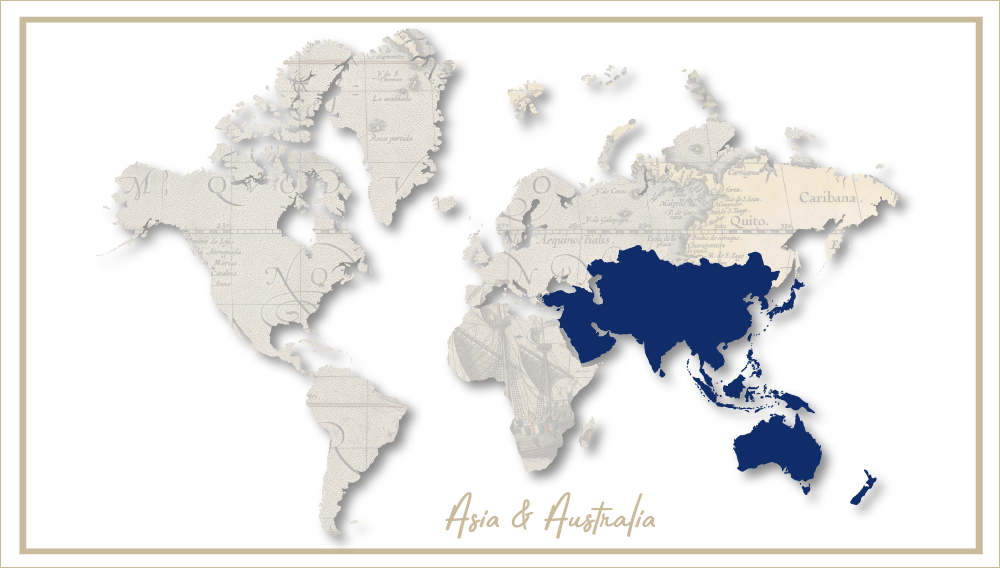AB-InBev turned whistleblower in beer cartel
Guess who reported cartel shenanigans to the authorities? It was AB-InBev. The world's major brewer initiated an anti-trust probe into beer price-fixing, after telling authorities last year that it had detected an industry cartel. It was the news agency Reuters, which broke the scandal.
Allegedly, AB-InBev only found out about the collusion after it bought SABMiller's Indian subsidiary in 2016. Again, allegedly, SABMiller had been fixing prices for years, along with Denmark's Carlsberg and India's United Breweries, which is part-owned by Heineken.
As says Reuters, AB-InBev had discovered that executives had discussed and agreed on their submission of ex-brewery beer production prices to Indian state governments. Those ex-brewery prices would include all the production and marketing costs, as well as a proposed profit margin, and were used by state governments to set a maximum retail price.
On 11 October 2018, the Competition Commission of India had raided the offices of all the three brewers and reportedly found e-mails that showed executives were violating Indian anti-trust laws.
The three brewers account for 90 percent of beer consumption in the USD 7 billion beer market. Together they face a potential fine of up to USD 272 million if found guilty. Any company executives found to have fixed prices could also be fined.
However, as whistleblower, AB-InBev could escape some or all of its share of the fines.
Most Indian states individually regulate alcohol pricing, and the companies need to submit and get prices approved every year by the local authorities. There are also separate labelling, licensing and brand registration norms. This results in wild variations in retail prices. A 330 ml bottle of Kingfisher costs 36 rupees (USD 0.49) in the tourist state of Goa, but 130 rupees (USD 1.77) in the northern state of Haryana, a major industrial hub.
The brewers are already facing an uphill struggle, as in the past local governments were reluctant to allow price increases, fearing they would impact consumer purchases and, in turn, their tax revenues. So nobody has been making much profit, other than the governments, which seek to maximize their revenue.

